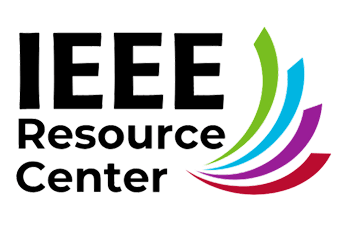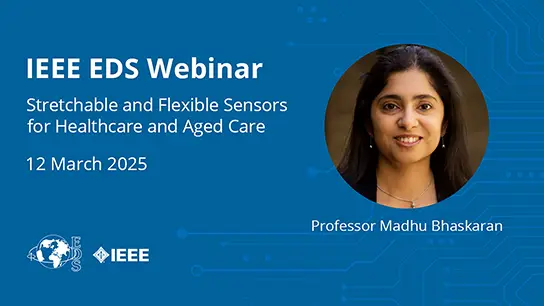Carbon footprint reduction in Semiconductor fabs (Video)
Neela Ayalasomayajula
-
Members: FreeEDS
IEEE Members: $15.00
Non-members: $20.00Length: 00:59:31
Semiconductor industry is on the path towards one trillion-dollars in revenue by 2030, however, carbon emissions from semiconductor processes are expected to rise at a much steeper rate than the industry scaling. Enabling sustainable growth by lowering greenhouse gas emissions and energy consumption and increasing reliance on renewable energy for operations will be critical to keeping our fabs running. Companies within the semiconductor ecosystem recognize this need and are committed to reducing the carbon footprint of their products.
A systems approach is essential to determine the real contributions from the process chambers, sub-fab equipment, and facility level utilities consumption towards the overall emissions from chipmaking, which will guide how best to improve the environmental performance of wafer fab equipment. Based on the lifecycle impact of process gases and the energy consumption patterns of a manufacturing tool, we define the most effective emission reduction strategies. Improved abatement of residual gases and intelligent use of energy & resources based on the tool utilization, can reduce emissions significantly. Applied Materials 3x30 commitment to reduce energy consumption, chemical impact and cleanroom footprint per wafer each by 30% by 2030 will help chip manufacturers meet their sustainability commitments.



